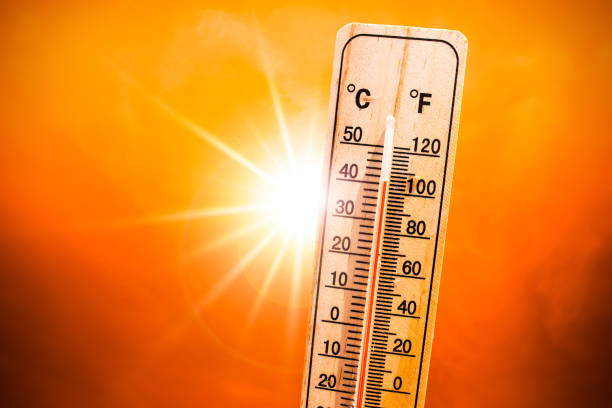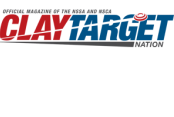 The heat all across the lower half of the U.S. is outrageously high, and shooters are at an increased risk for heat cramps, heat exhaustion, and heat stroke. This is all a continuous spectrum of heat-related illness. Dr. Dan Fisher of Chattanooga, an NSCA Level 2 instructor, warns us of some risk factors that you might need to consider.
The heat all across the lower half of the U.S. is outrageously high, and shooters are at an increased risk for heat cramps, heat exhaustion, and heat stroke. This is all a continuous spectrum of heat-related illness. Dr. Dan Fisher of Chattanooga, an NSCA Level 2 instructor, warns us of some risk factors that you might need to consider.
First, your age. Shooters older than 60-65 are at an increased risk. Many shooters this age are not in good physical shape. Second, your overall condition. If you have cardiovascular disease and/or diabetes, you are at big risk. Third, your weight. If your BMI is over 35, watch out. Temperature regulation for you might be a problem. Fourth, your degree of acclimatization. If you are not used to excessive heat, danger could be on your horizon. If you have several of these risk factors, your risk goes up dramatically.
Dr. Fisher has several basic recommendations to keep you out of trouble. First, know yourself. Don’t ask yourself to try to do something that is beyond your physical capabilities. If you get overheated, stop immediately and cool off. Second, if possible, try to shoot in the morning between 8 a.m.-noon. The sun is not your friend. Third, consider eating something for breakfast. Milk is actually a good fluid for rehydration. Fourth, pre-load with fluids. Dr. Fisher feels strongly that the literature on the subject recommends fluids with some sort of sodium supplement — not just plain water. There are many sports drinks on the market, all with different levels of sodium in them. Fifth, drink plenty of fluids while shooting. This might be as much as 12-16 ounces of fluid per hour if it is terribly hot. This also may depend on how much you sweat and the humidity of the environment in which you are shooting. Remember that sweating is the body’s elaborate way to cool down under most physiologic circumstances. Sixth, consider shooting shells with less recoil to conserve energy on a hot day.
Competitive shooters are always looking for a top-notch performance. If your fluid and electrolyte balance is off-kilter, there is no doubt that your mental and physical performance will be affected. Plan ahead for the heat, and with these suggestions, you just may manage to avoid something as bad as heat exhaustion and stroke. If nothing else, you might just see and shoot better. Remember, only you can prevent these potentially life-threatening symptoms.
Shooter beware! An ounce of prevention is worth a pound of cure.
Thanks to Dr. Dan Fisher, a physician and shooting instructor, for these valuable tips to keep you safe while shooting this summer.
